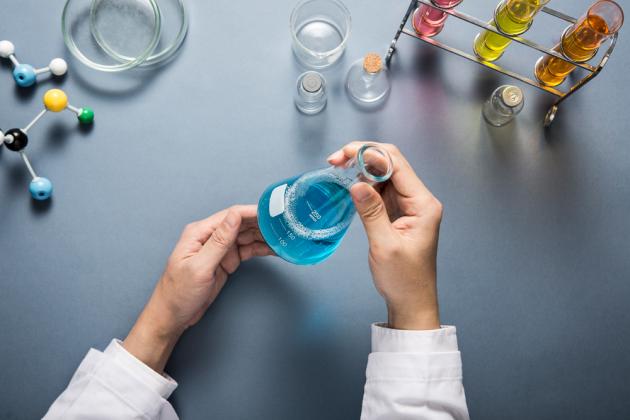Korea’s bio businesses cite “lack of R&D investment” as the main reason for their technological level lagging behind advanced countries.
The Export-Import Bank of Korea surveyed 53 bio pharmaceutical companies in April and May and released its results recently.

Asked why Korea’s bio technology is lower compared with advanced countries, the respondents cited the lack of R&D investment (55 percent), insufficient technological work force (40 percent), short research period compared with industrial nations (36 percent), and the government’s poor technology policy (32 percent), in the multiple-reply survey.
Smaller corporations, including venture, mainly presented the lack of R&D spending as the primary reason for lagging technology.
By product, 75 percent of those who manufacture genetic treatments blamed reduced R&D investment for low technology, followed by 58 percent of respondents who produce cell therapies, and 57 percent of firms making recombinant protein pharmaceuticals.
Those engaged in genetic treatments and cell therapies also cite the “poor government policy for technological development” as the cause of poor technology.
Asked how to secure technology power, the largest share, or 62 percent of respondents, suggested the nation ensures high tech through expanding investment into research and development.
Following it was the technological tie-up with foreign companies (38 percent), joint efforts by industry-academy-research complex (21 percent), the introduction of advanced technology (15 percent), and technological alliance among the domestic players (13 percent). Those who pointed to merger and acquisition were very small in share.
Less than 10 percent of the companies surveyed said M&A would be the way to secure technology, with 8 percent calling for M&As among domestic businesses and 4 percent citing those with foreign corporations.
“We have to seek ways to achieve economy of scale through M&A among local firms and join the ranks of global corporations in a short period through M&As with foreign companies that have high techs,” the report said. “Most bio pharmaceutical companies want to narrow technology gap to ensure their independent R&D capabilities, but they will find it hard to put it into action because of various limitations, including small investment scale.”
A bio expert agreed. “The biggest problem with Korean drugmakers is their reluctance to do M&A,” the expert said. “They don’t’ have to be afraid of receiving foreign capital. Korea needs to create an environment in which domestic pharmaceuticals should become more active in M&A, and the society encourages them to do so.”

